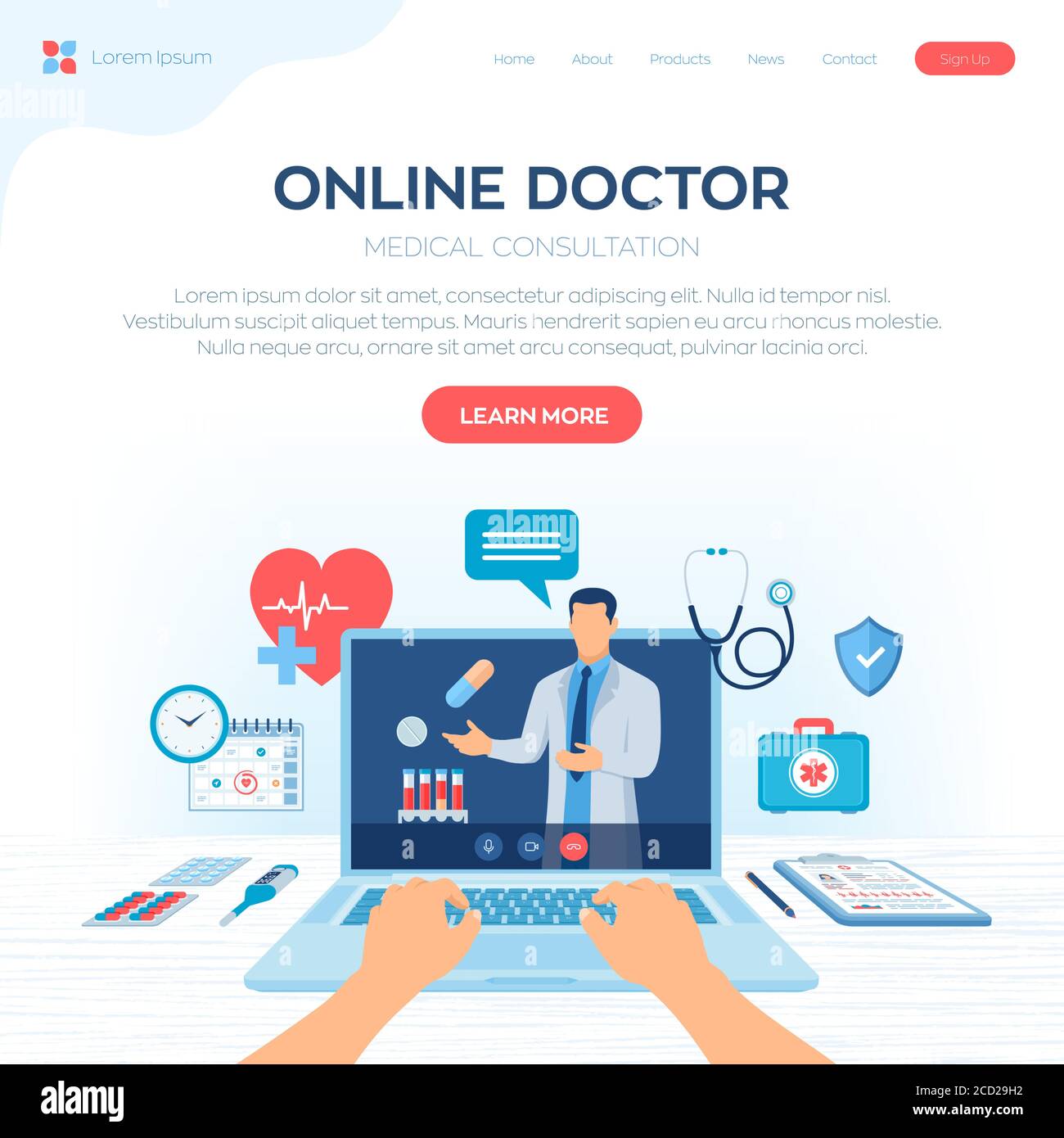A Comprehensive Guide to Subscription Based Healthcare: What You Need to Know
A Comprehensive Guide to Subscription Based Healthcare: What You Need to Know
Blog Article
The Rise of Subscription-Based Healthcare and Its Effect On Person Care
As healthcare evolves, the subscription-based version is getting traction, assuring to reinvent individual care by using predictability and ease of access. The potential for these designs to improve healthcare shipment increases pushing concerns about their long-lasting sustainability and inclusivity. Are these subscription solutions the future of medical care, or do they take the chance of leaving susceptible populations behind?
Comprehending Membership Healthcare Versions
Realizing the concept of registration healthcare models includes taking a look at a transformative method to medical solutions that stresses cost and accessibility. These versions, frequently referred to as straight health care (DPC) or concierge medication, have become ingenious options to conventional fee-for-service medical care systems. Registration medical care permits clients to pay a set monthly or annual cost for a specified set of medical solutions, which may consist of unlimited office visits, routine exams, and standard lab tests, without the need for typical insurance coverage billing.
The framework of subscription medical care models is developed to streamline individual treatment by eliminating third-party payers and complicated invoicing codes, therefore decreasing management burdens. Medical care service providers can focus a lot more on patient care, fostering stronger patient-provider relationships. This version likewise advertises preventative care by urging regular sees, as the monetary barrier of per-visit charges is eliminated.
The subscription version typically equips health care providers to manage smaller person panels, permitting more customized care. It straightens economic rewards with individual health and wellness results, as service providers are inspired to maintain client fulfillment and well-being. Generally, comprehending membership health care designs needs identifying their prospective to reshape just how treatment is provided and accessed.
Advantages for Patients and Suppliers

For suppliers, subscription-based designs use the possibility to grow patient-provider relationships. With a steady revenue stream, health care experts can dedicate more time per individual, bring about a more thorough and tailored treatment experience. This model additionally decreases reliance above individual volumes, reducing fatigue and enhancing task contentment. Moreover, the focus on preventative care within subscription strategies can lead to much better client end results and lowered long-lasting health care prices. By concentrating on continuous treatment, service providers can address problems prior to they rise, eventually benefiting the healthcare system in its entirety by reducing the burden on emergency situation and acute care solutions.
Obstacles and Concerns
While subscription-based health care models present numerous advantages, they likewise feature a collection of difficulties and issues that need to be dealt with. Access remains a substantial problem, as these versions commonly target individuals that can manage monthly costs, potentially omitting low-income populaces. This increases honest concerns regarding equitable access to healthcare services. In addition, the varied nature of subscription plans can lead to complication among patients concerning my link insurance coverage specifics, possibly resulting in unmet assumptions or poor treatment.
Financial sustainability of subscription-based versions is an additional concern. Companies need to stabilize the set income from subscriptions with the variable costs of medical care solutions, which might fluctuate as a result of unpredicted clinical needs. This can produce pressure to restrict solutions or rise fees, possibly influencing person satisfaction and care quality.
Moreover, regulative oversight of subscription-based medical care models is still progressing. The lack of standard structures can bring about inconsistent solution top quality and liability, complicating initiatives to ensure person defense. The assimilation of technology-- usually a cornerstone of these models-- raises concerns concerning data privacy and safety and security, as delicate individual details can be vulnerable to breaches. Attending to these obstacles is crucial for the equitable and effective implementation of subscription-based health care.
Effect On Patient-Doctor Relationships
One considerable influence of subscription-based medical care models on patient-doctor relationships is the capacity for improved continuity and personalized care. By adopting a membership version, physicians can manage a smaller sized patient panel, permitting for even more dedicated time with each individual. This raised availability promotes a deeper understanding of a patient's case history, lifestyle, and preferences, allowing extra customized therapy strategies and treatments.

However, it is essential to identify that while subscription-based models may benefit those that can manage them, they might unintentionally expand healthcare disparities. Individuals who are not able to take part in these versions may experience reduced access to individualized treatment, potentially impacting their partnerships with healthcare providers. Therefore, while the subscription model uses appealing benefits for patient-doctor relationships, it additionally postures imp source challenges that need to be dealt with to ensure equitable health care accessibility.
Future of Health Care Gain Access To

The role of innovation can not be overlooked in this improvement. Telemedicine platforms and electronic wellness documents promote smooth interaction between clients and medical care providers, damaging down geographical and logistical barriers. Furthermore, developments in expert system and information analytics can further customize treatment by predicting individual requirements and maximizing therapy plans.
However, try this website the future of medical care accessibility also offers difficulties, such as ensuring equity across various socio-economic teams. Policymakers and doctor have to team up to bridge the electronic divide, making sure that subscription-based designs remain inexpensive and inclusive. As these systems mature, they hold the promise of making healthcare a lot more obtainable, efficient, and patient-centric.
Final Thought
Subscription-based healthcare versions are improving patient treatment by providing a steady expense structure and improving ease of access. The increase of subscription-based health care encourages aggressive patient involvement, which has the possible to enhance patient outcomes and complete satisfaction, indicating a transformative change in healthcare shipment.
As healthcare evolves, the subscription-based version is acquiring traction, guaranteeing to transform client care by supplying predictability and accessibility.Subscription-based healthcare versions provide unique benefits for both suppliers and people, enhancing the overall medical care experience.As health care systems evolve, the future of healthcare accessibility regularly hinges on the assimilation of cutting-edge designs and innovations.Subscription-based healthcare designs are reshaping person treatment by supplying a stable expense structure and boosting access. The surge of subscription-based health care motivates positive client involvement, which has the possible to boost client outcomes and satisfaction, signifying a transformative shift in medical care delivery.
Report this page